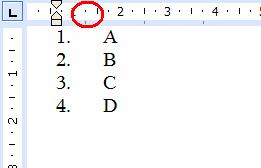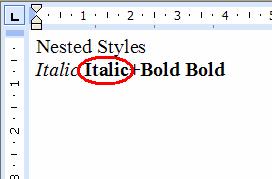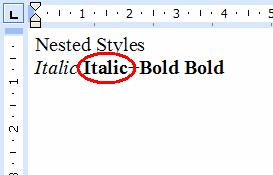I had the opportunity to participate at the MAMPU conference on Successfull deployment of OpenOffice in the public sector in Kuala Lumpur, Malaysia.

It was great.
The general arguments I tried to make in my talk where around the following matrix:

The argument I derived from that matrix where
- clearly a shift from an open source application with a proprietary file format to an open source application with an open standardized file format improves openess.
- however how can a shift from a proprietary application with a proprietary file format to a proprietary application with an “open” file format improved openess? And --- is it the same kind of “openess” as in case 1)?
I then made the argument that only an open source application with an open file format can prevent a “lock-in” situation. I illustrated the fact by a case study of supporting a “minority language”.
So --- how would you fill out the matrix?








